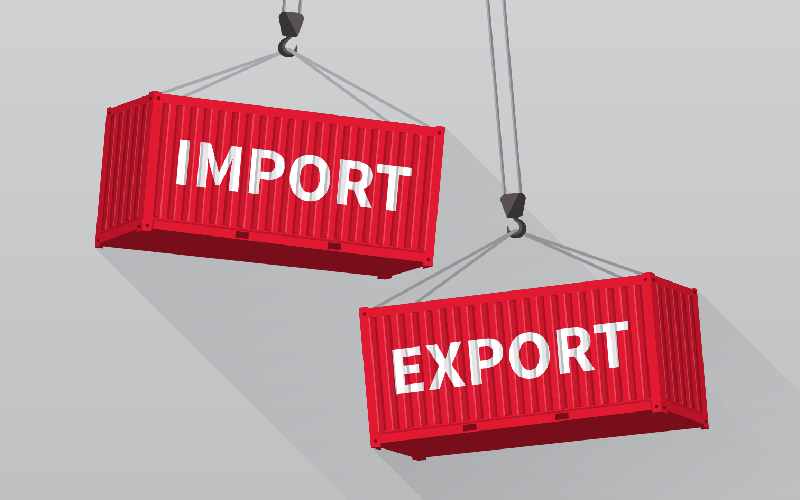×
The Standard e-Paper
Smart Minds Choose Us

International best practice stipulates that VAT should be a tax borne by the end-user of either goods or services. [Courtesy]
Winston Churchill once contended that “for a nation to try to tax itself into prosperity is like a man standing in a bucket and trying to lift himself up by the handle.”







